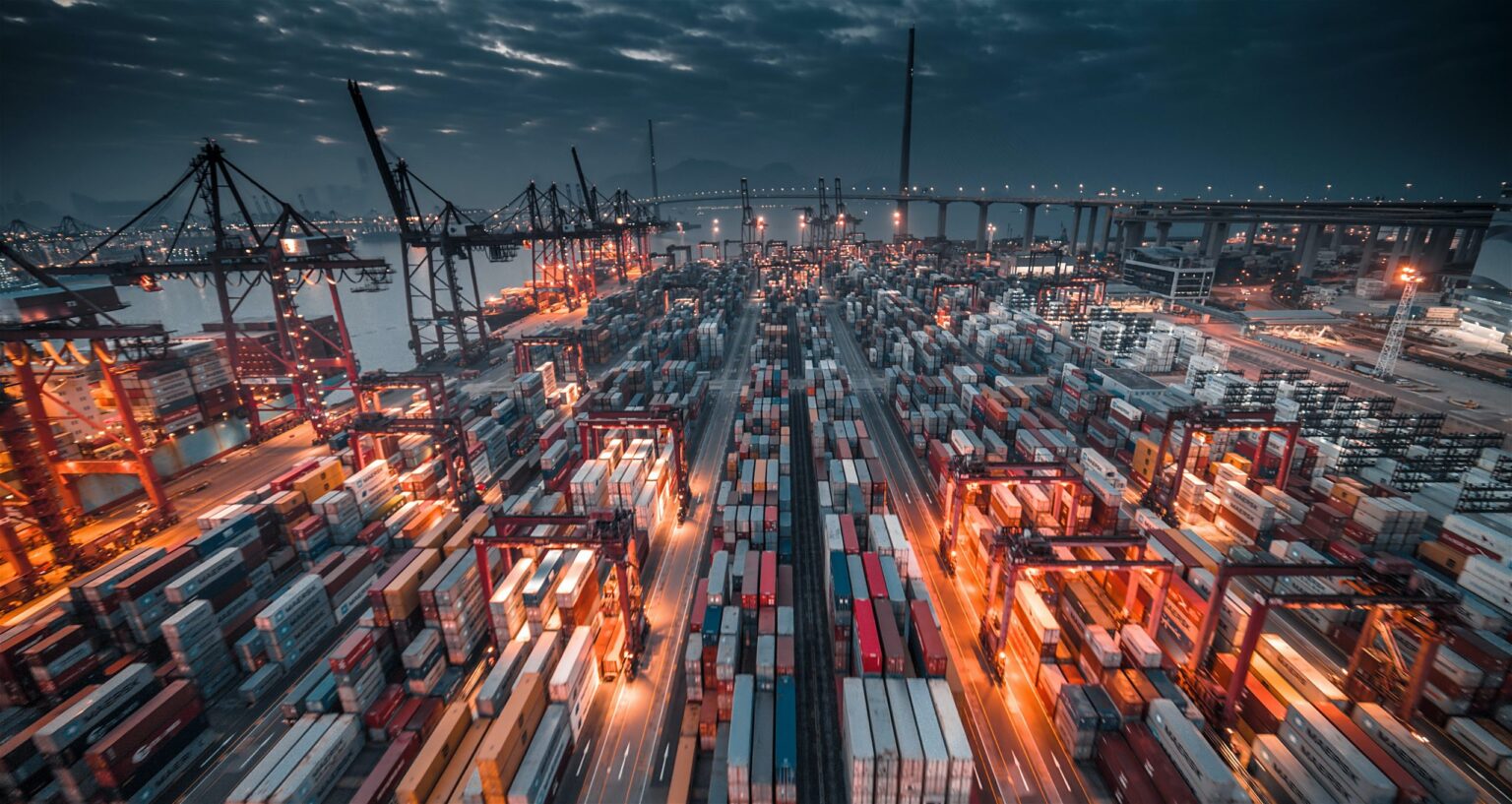The coronavirus pandemic has turned the world upside down. Life as we know it has drastically changed, and we are facing enormous challenges across all sectors of society. Being the backbone of global trade and economy, the shipping industry has a great role to play. Although struck hard by the pandemic, with the right strategies, we will be able to navigate through the storm. As Ocean Freight Manager for Greencarrier Freight Services in Sweden, I bring you my insights.
Here is what you will learn from this blog post
- How COVID-19 is affecting the shipping industry
- How to make sure your logistics will run smoothly
- What the future holds for the shipping industry
How is COVID-19 affecting the shipping industry?
The coronavirus pandemic has severely disrupted the global economy and affected us on a global scale. Shipping is a primary industry for almost all countries globally and serves as an integral part of the supply chain for most industries. During a pandemic like this, we are absolutely dependent on the shipping industry to transport food, medicine, and other necessities across borders. And the shipping industry is absolutely dependent on production output to secure cargoes. With lockdowns and closed factories, the coronavirus pandemic has truly put a strain on the shipping business.
Why is there a container shortage in the shipping industry?
The shipping industry is very much based on circularity and COVID-19 has caused huge disturbances in the global supply chain. One of the biggest challenges for the shipping industry is container shortage.
In the spring of 2020, many countries entered lockdown, and economic activities were restricted. This significantly reduced the number of port staff and slowed down cargo handling speed. At the same time, factories temporarily closed. To maintain freight and avoid economic losses, shipping lines quickly reduced the number of operating ships.
In the autumn of 2020, world economic activities started to recover. Countries resumed their production and export volumes increased, especially from China to North America and Europe. But shipping lines still operated with fewer ships (meaning lack of space) and the ports with less staff. This caused massive delays and container shortage, and as demand heavily exceeded supply, freight rates went through the roof.
Some countries were taking selective measures by opening their factories for production one week and closing them again the next. This irregular goods flow created huge problems with port congestion and shipping lines choosing not to enter certain ports due to the long waiting times.
What does the container shortage mean to me as a shipper?
As of now, a large number of containers are either stuck in the wrong ports or delayed by several weeks. Containers are piled up in ports in North America and Europe, especially the UK, where they are not needed, while other countries are in desperate need, struggling with container shortage. This means that if you need to ship goods between China and Europe – especially goods that require special containers – it may take weeks to get hold of them.
How to navigate through the corona storm
The coronavirus pandemic is an extraordinary situation. As a logistics provider, we need to focus on proactivity, adaptability, and building efficient strategies. But there are also things you as a shipper can do to ensure your logistics flow will run smoothly. Here are five tips to help you navigate through the corona storm.
What can I do to make sure my logistics will run smoothly?
1. Communication is key – talk to your manufacturer and customers
Contact your manufacturer to keep posted on the production schedule and if production speed is slowing down. Update your logistics provider on the prognosis of your goods volumes and inform your customers about any possible delays.
2. Planning is everything – book your shipments early
Because of the container shortage, many logistics partners are unable to make last-minute bookings. Make sure to book your shipments as early as possible, preferably a few months in advance, to secure space for your goods.
3. Special cargo? Book special containers even earlier
Do you have cargo that requires containers with extra height or space? Perhaps you need high-cube, open top, or flat rack containers? Right now, high-cube containers and other special containers are very hard to come by. Make sure to book these months in advance.
4. Prepare for the future – buffer for peak season
You may also want to buffer for peak seasons such as Golden Week, Christmas, or Chinese New Year. Plan together with your manufacturer and ask your logistics partner for a forecast to secure space for your goods.
5. Consider an alternative shipping service and route
Sometimes, choosing a multimodal transport service with slightly longer transit times pays off as the regular services with faster transit times may be fully booked. Ask your freight forwarder for the option of using an alternative shipping service or route.
What does the future hold for the shipping industry?
In these uncertain times, it is difficult to make a forecast even for the next few months. The coronavirus pandemic will have a long-term impact on the global shipping industry, and we will continue to adapt to changes. However, there are a few things that you as a shipper can expect going forward in 2021.
What to expect going forward in 2021
- The problem with container shortage and lack of space on vessels will most likely not recover until late 2021. Freight rates will probably continue to stay high, and cargo handling may slow down even more depending on the impact of the coronavirus.
- Because of temporary trade barriers and export restrictions for medical supplies, cargo inspections and border controls will increase, and logistics costs may increase.
- Despite the ongoing coronavirus pandemic, digitalisation continues to influence the shipping industry. Shipping companies will continue to invest in new technologies, and robotics and automation may very well contribute to reducing labour shortage.
- Complex global value chains have been particularly vulnerable to lockdowns and closed factories. As a result, we may see shorter supply chains, an increase in alternative shipping services such as nearshoring and placing warehouses near demand centres to shorten time to market.
However, we chose to look bright at the future and hope that the sails soon will turn. If you have any questions or need help planning your logistics, get in touch with us at Greencarrier. We are always happy to help.




